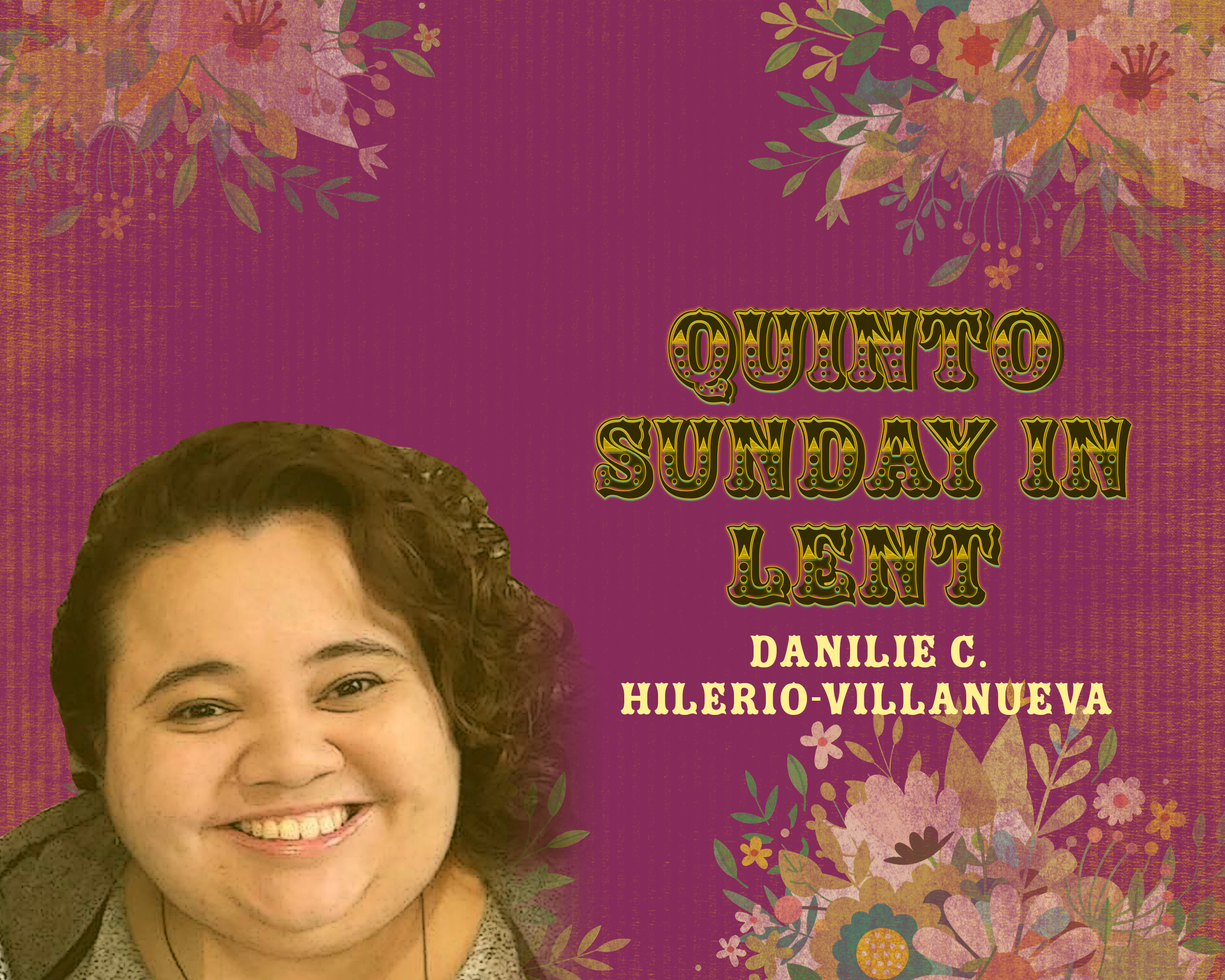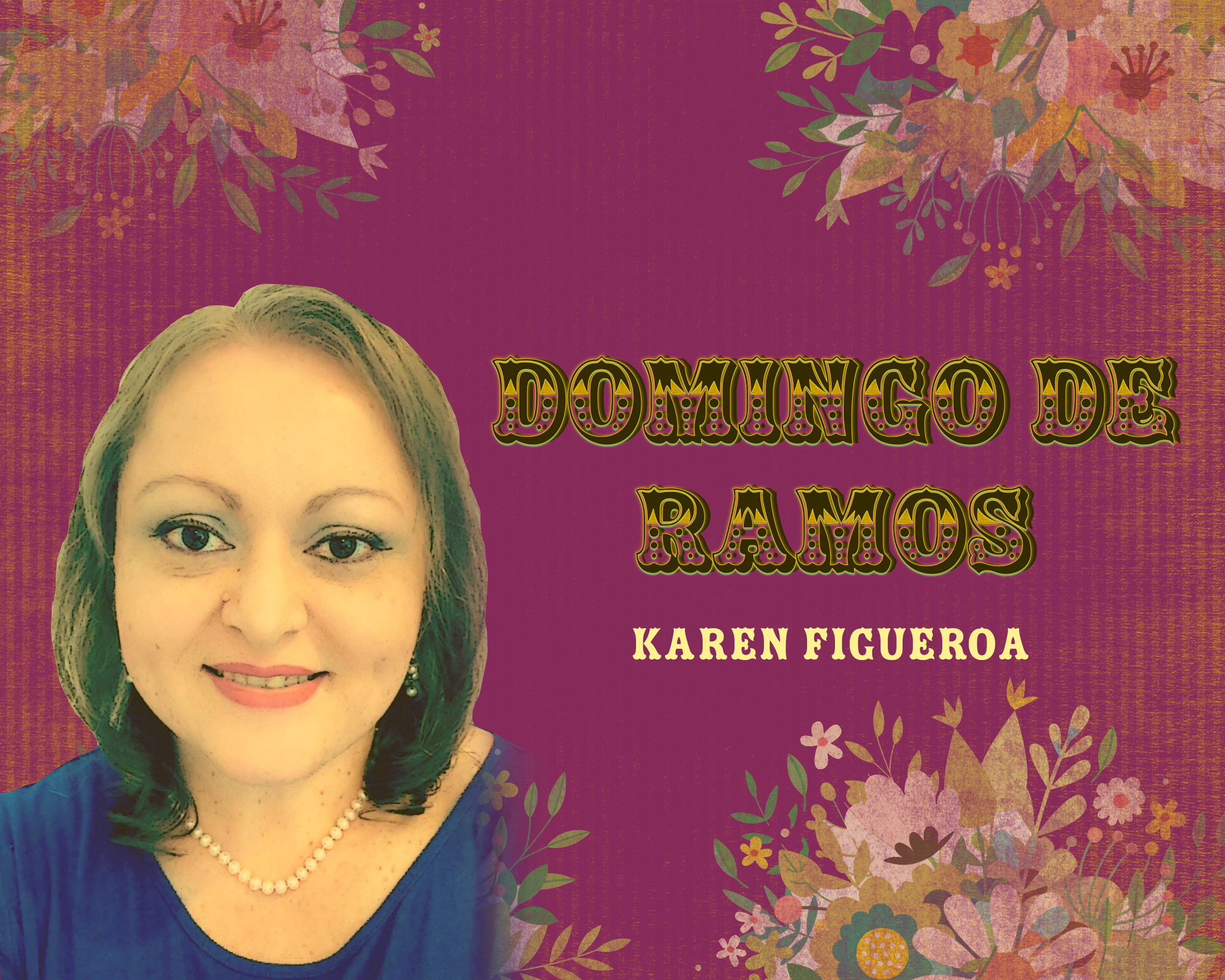Holy Week is the journey that we take toward the death and resurrection of Jesus. It is often filled with church services, liturgies, worship, contemplation, and celebration. The week, too, is sometimes consumed with obligations to religious institution that may shift us from an actual spiritual walk to the empty tomb where life overcomes death in its multiple manifestations. Here are just 5 questions to ask ourselves during Holy Week.
1. Where does the Spirit move you most
during Holy Week?
If you were raised in the church, you may feel a since of obligation to attend church services or programs during this week. But what if these are life-giving for some and not for you? THAT’S OK. The Spirit moves us in different ways and in different spaces. Take time to find where those spaces and ways are. It could be meals, devotionals, conversation, or nature. There is no one way to walk the path of Holy Week. Authenticity within our spiritualities is important.
2. Where does justice fit into your Holy Week?
The life, death, and resurrection of Christ cannot be separated from the work of justice. Jesus was within a context of empire and religious institutional trauma where people were consumed with injustice. Jesus’ own death was an execution from the state because of Jesus’ questioning and challenging of the dynamics of power and oppression. Find ways in your own context to speak out again and work against systems of injustice. Connect with non-profits and organizations doing the work.
3. How can you make Holy Week more inclusive?
Liturgy, worship spaces, ritual and so many other facets of Holy Week are often able-bodied, heteronormative, and white centric. Followers of Christ come in many wonderful, unique, and beautiful expressions and the ways in which we worship should be rooted in that beauty. And it must go deeper than words. Planning, creation, and ritual must come from the entirety of the body of Christ not just a select few because of tradition. Invite queer folk, people of color, people who are disabled into the planning of services and worship. Collaborative models of planning often bring with them more life-giving worship.
4. What theologies are you proclaiming?
The death of Christ, salvation, the resurrection, all of these events are seen as the climatic events within the Christian tradition. Some theologies around these events, specifically atonement theologies, have been exclusive, damning, harmful, and yes, death-dealing especially for people of color, queer folk, disabled folk, and many other marginalized communities. Holy Week should be a space of contemplation, confession, and life-giving theologies that empower us to do the work of God.
5. Are you proclaiming the RESURRECTION?
There are times when sermons or commentaries concerning the resurrection become clouded by theological jargon and wordy images. We are in a moment in time where people, domestically and globally, are suffering from unimaginable tragedies. People need the hope and the realities of the resurrection that life will one day overcome death, empire, war, racism and white supremacy. The resurrection and life are events to simply be proclaimed, shouted, yelled from the highest points in our work. How are we giving hope and life to people?
This JustList was created by the Unbound Team.






Unbound Social